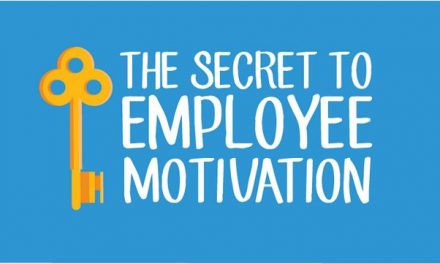Peter Gasca, writing for Entrepreneur, points to research by The Go Game as evidence that millennials value culture and relationships at work, and corresponding opportunities to attend team building events as more valuable than previous generations. It is reported to show that 79 percent of millennials felt that such activities boosted retention, and 88 percent felt that it was definitely worthwhile, which compared to much lower figures for boomers with under half believing it helped with staff retention.
A big part of this shift is likely due to the move by many team building companies towards providing more modern, and engaging activities such as escape rooms and music themed events which naturally appeal to a generation born in a world where technology takes precedence over rope courses and blindfolds. Of course another factor is that many boomers’ only experience with team building is that staid ropes and blindfolds experience, and many will not have participated in any of the more modern, and engaging events.
It would be simplistic to simply blame a change in available activities, however. There are undoubtedly different priorities in different generations, compounded by differences we naturally find between different age groups irrespective of the trends of the era. Human resources professionals need to be very conscious of the make up of their teams and preferences when considering the types of events they propose and organize rather than choosing based on their own preferences as clearly there are significant differences across demographic groups.
What is clear, though, is that a past indifference to team building and company culture is being eroded and workers are demanding more opportunities to make friends at work, feel empowered, and partake in activities that strengthen those relationships.
A Kansas State University study highlighted the profound impact of friendship at work on the productivity of workers, and their loyalty to the company they work for.
Further, the survey reported that slightly over half (51%) of those who responded that they have a best friend at work reported that they work with passion and feel a profound connection to the company, compared with only 10% of those who have no best friend.




Trackbacks/Pingbacks